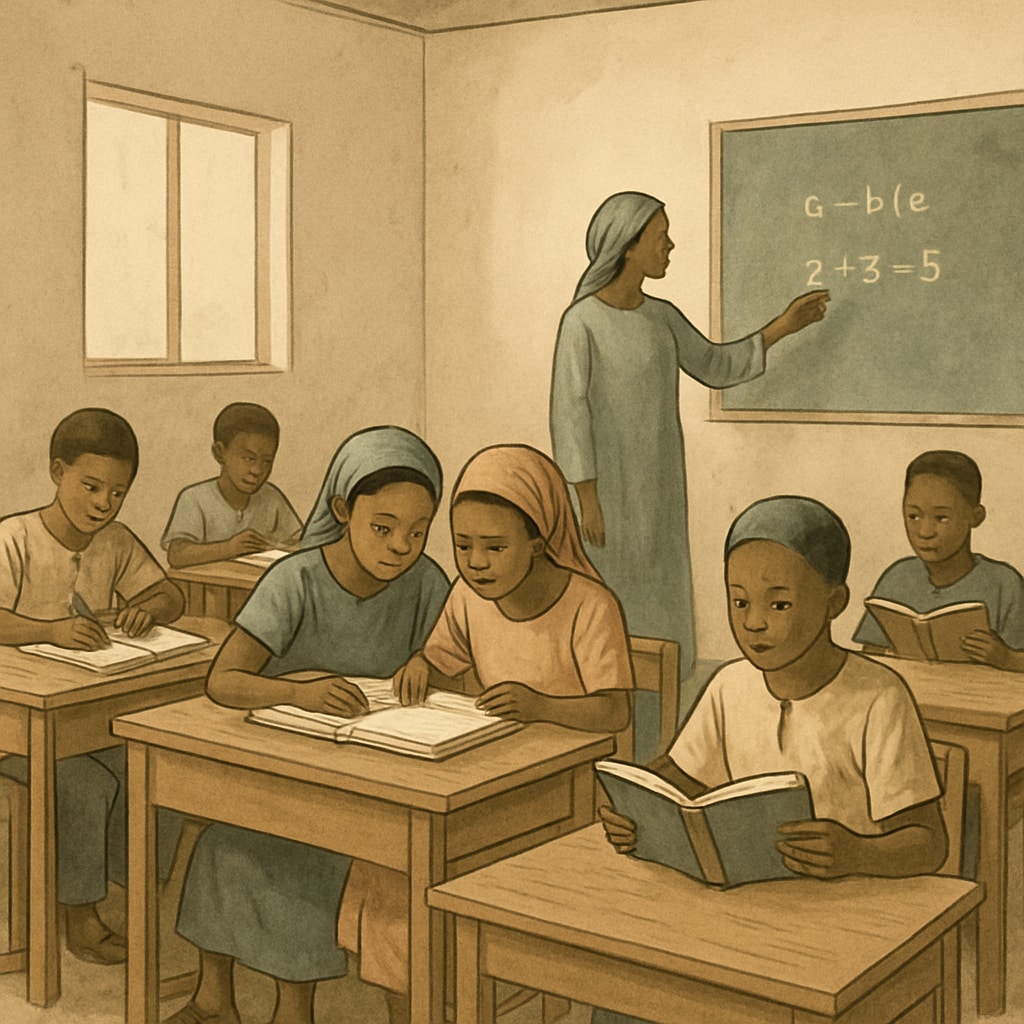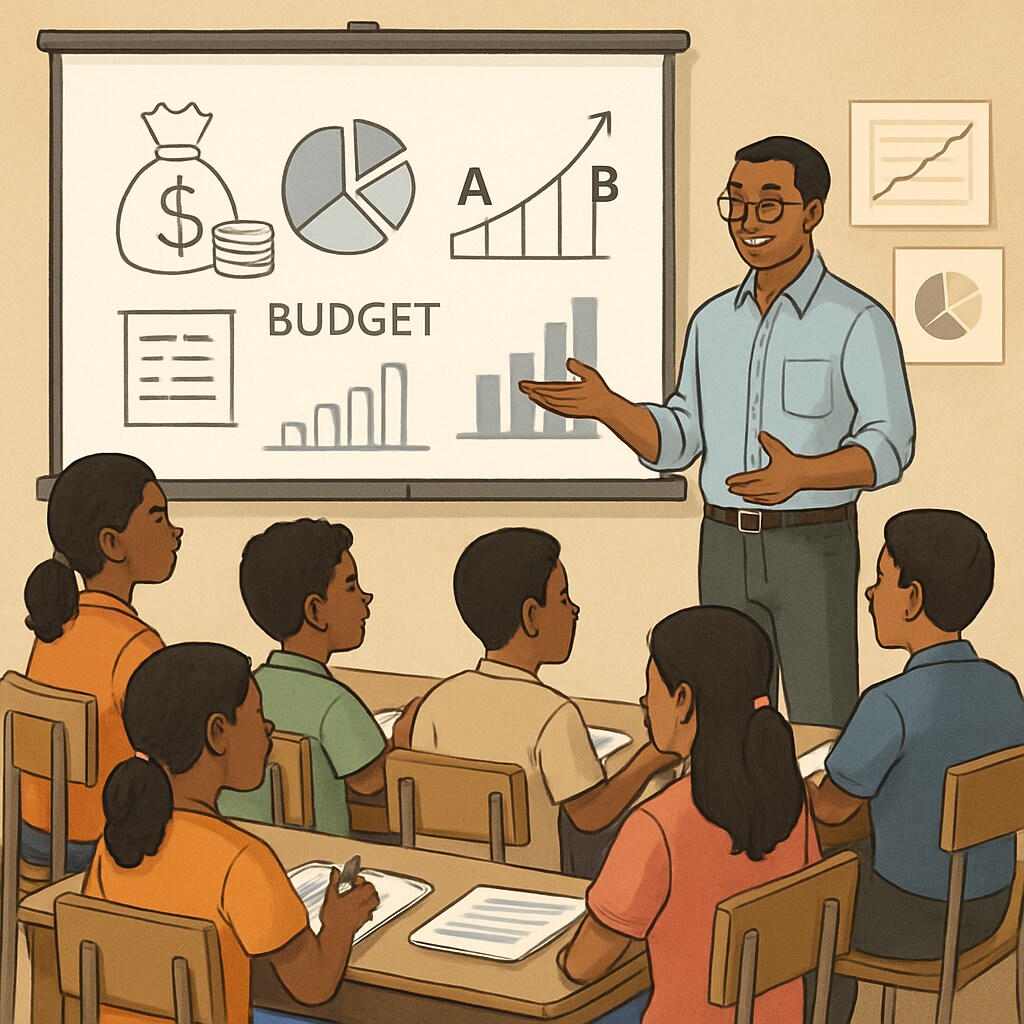Pursuing financial careers in developing countries, such as Mali, comes with unique challenges and opportunities. The role of K12 education in preparing students for the demands of a global financial market cannot be understated. However, unequal access to educational resources often creates barriers for young learners, limiting their career choices and professional aspirations. This article examines how K12 education systems can bridge these gaps and foster global career readiness in developing nations.
Challenges in Financial Career Preparation in Developing Countries
Students in developing countries face significant obstacles when preparing for financial careers. Limited access to quality education, exposure to global financial concepts, and lack of resources all contribute to a restricted career trajectory. For instance, Mali, a West African nation, struggles with insufficient infrastructure in its education system, which directly impacts how students learn and prepare for future careers.
In addition to resource constraints, many schools in these regions lack the curriculum necessary to introduce students to financial concepts, such as economics, investment strategies, or global market dynamics. Early exposure to these ideas is critical in shaping students’ interest and competence in financial professions. As a result, many talented individuals either remain unaware of these career paths or face difficulties competing on an international stage.

The Role of K12 Education in Building Global Career Readiness
K12 education systems must adapt to prepare students for financial careers by integrating global perspectives and skill-building opportunities. Incorporating financial literacy programs, international case studies, and partnerships with global institutions can significantly enhance students’ readiness for international markets.
For example, programs like Model United Nations (MUN) or financial literacy workshops expose students to global challenges and decision-making processes, helping them develop critical thinking and analytical skills. Additionally, partnerships with organizations like UNESCO or local NGOs can provide resources and mentorship opportunities, bridging gaps in knowledge and accessibility.
Specific interventions, such as bilingual education, can also play a pivotal role. Fluency in languages like English or French is often essential for accessing international financial opportunities. Therefore, schools in developing countries must emphasize language acquisition alongside technical skills.

International Exposure: The Key to Unlocking Financial Career Opportunities
One effective way to overcome educational challenges is through international exposure. Study abroad programs, exchange initiatives, and online learning platforms can provide students with insights into global financial industries. In Mali, for instance, students who participate in exchange programs or pursue education abroad have significantly higher chances of entering competitive financial professions.
Online learning platforms such as Coursera or Khan Academy also offer access to high-quality courses on economics and finance, enabling students to learn skills they might not acquire locally. By blending traditional education with these modern tools, K12 systems can empower students to reach their full potential.
Moreover, scholarships and financial aid programs for international education should be actively promoted to ensure talented students from disadvantaged backgrounds can access global opportunities. Organizations like the Fulbright Program or the African Leadership Academy have successfully helped students from developing countries pursue higher education and global careers.
As a result of these efforts, students are better equipped to compete in the international financial arena, bringing diverse perspectives and innovative solutions to the industry.
Conclusion: Bridging Educational Gaps for Financial Careers
The pursuit of financial careers in developing countries, such as Mali, requires a strong foundation built through K12 education systems. By addressing resource inequalities, integrating global perspectives, and promoting international exposure, educators can help students overcome challenges and unlock new opportunities. This holistic approach not only benefits individual learners but also contributes to the broader economic development of these nations.
While challenges remain, targeted interventions can create pathways for students to succeed in competitive financial professions, ultimately fostering a generation of globally competent professionals capable of driving change in their communities.
Readability guidance: This article uses short paragraphs, clear transitions, and accessible language to ensure readability. Lists and examples are included to summarize key points effectively, while maintaining a professional tone throughout.


